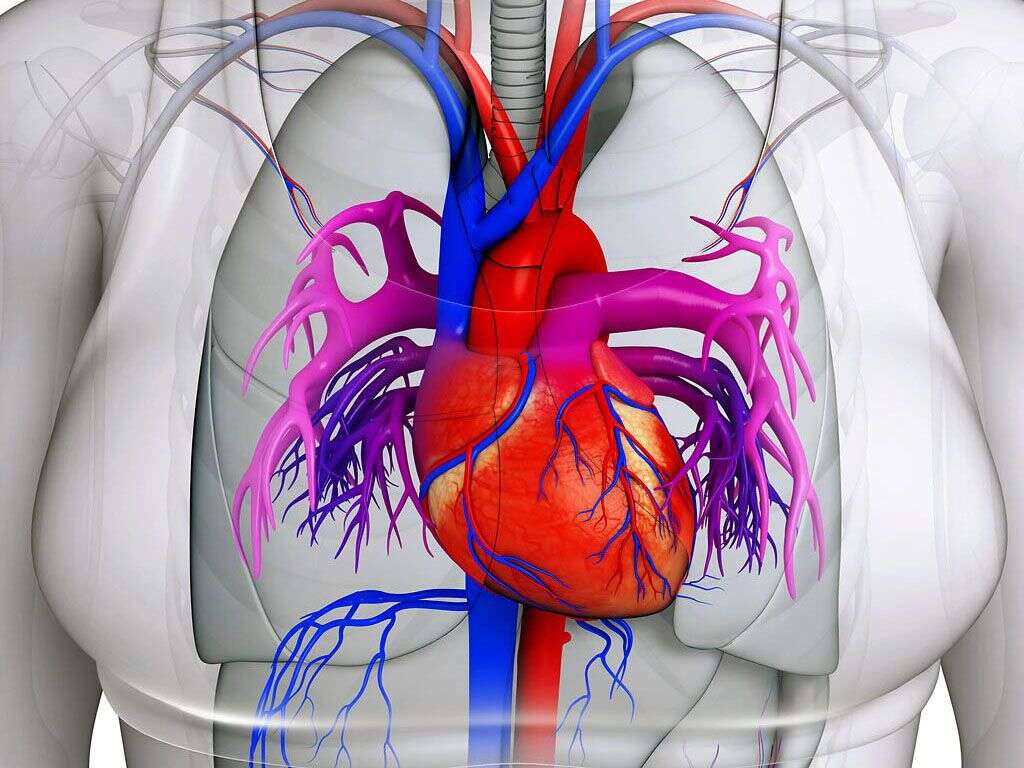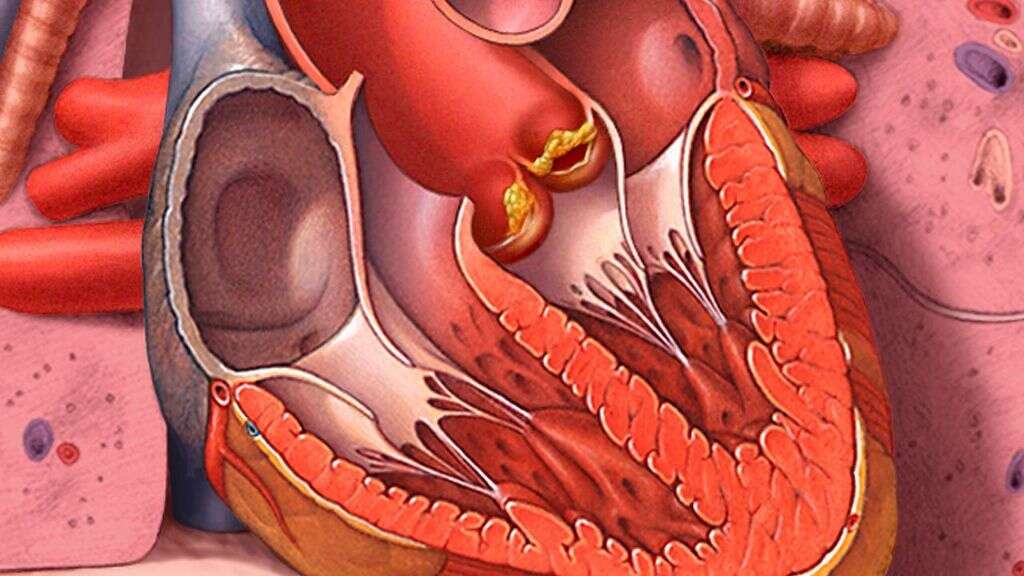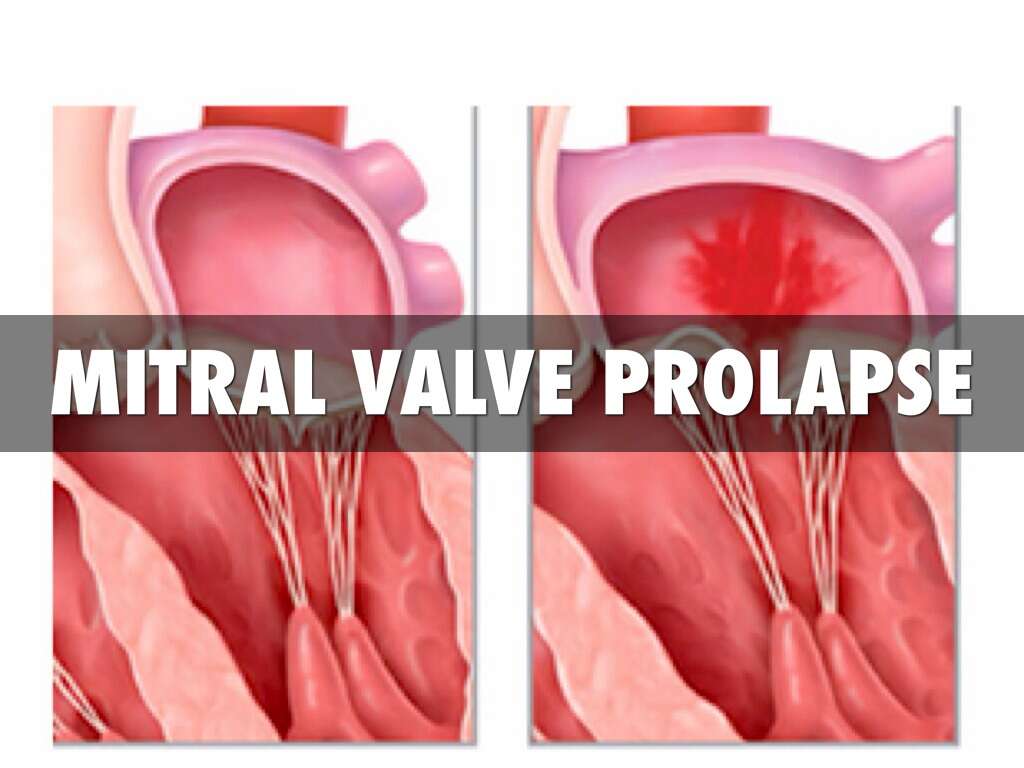What Is Mitral Valve Prolapse?
Mitral valve prolapse is a heart condition that can range in severity from mild to serious. The mitral valve is located between the atrium and ventricle chambers of the heart and controls the blood flow between the two. The valve is a flap that opens and closes to allow the passage of blood. Normally, in the closed position, it completely seals off one chamber from the other.
In people with mitral valve prolapse, this valve is stretched and does not allow for complete closure. If the valve is stretched enough, blood can leak from the left ventricle to the left atrium.

1. What Are the Causes?
This condition is caused by an abnormality in the flap, or leaflet, of the mitral valve. The reasons for the abnormality are often attributed to a leaflet that is longer than it should be. It may also be the result of stretching or degeneration of the tissue over time, as some people get the condition as they age.
In other cases, the leaflets in the valve are too loose. When this happens, the flaps are unable to create a strong seal between the heart’s chambers. Genetics may play a role, as there are many people who have mitral valve prolapse from birth.

2. What Are the Symptoms?
If the condition is mild, little blood leaks back into the atrium. In this case, there may be no symptoms at all. It is possible, however, for the condition to worsen over time. A person who originally has no symptoms may find that they begin to experience an increasing number of them over the years.
The symptoms people experience varies. Some experience dizziness or light-headedness. Others are easily fatigued. It is not uncommon for individuals to develop a cough and have shortness of breath, especially when being active. Heart palpitations or feeling like the heart skips a beat are also possible symptoms, as are chest pains and discomfort that are unrelated to a heart attack.

3. What Is Mitral Valve Regurgitation?
One common complication from mitral valve prolapse is regurgitation. It refers to the flow of blood from the ventricle chamber back to the atrium chamber. The amount of blood that is allowed to re-enter the atrium varies depending on how severe a person’s condition is.
Men are more likely than women to have significant regurgitation. In addition, those who have high blood pressure tend to have more regurgitation than those whose BP is normal. In some cases, when the condition is serious enough, surgery to repair or replace the valve is required.

4. What Is Endocarditis?
Endocarditis refers to any bacterial infection within the endocardium, a thin membrane that lines the heart. Under normal conditions, this membrane serves as a barrier that protects the heart valves and chambers from bacteria. A person who has mitral valve prolapse is at a higher risk of getting an infection in this lining.
These infections can have serious implications. Bacterial infections cause the formation of clumps in the endocardium. It is possible for these clumps to break free and travel to other parts of the body, leading to strokes, kidney damage, an enlarged spleen, seizures and a pulmonary embolism as well as heart problems.

5. What Is an Arrhythmia?
An arrhythmia is an irregular heartbeat. Most often, an irregular heartbeat occurs in the heart’s upper chambers. Severe mitral valve deformation or regurgitation can lead to arrhythmias. This irregularity can have a further impact on the flow of blood between chambers.
Arrhythmias are often not seriously life-threatening, but they can be uncomfortable. People with an irregular heartbeat may feel like their heart is racing, beating exceptionally slow or skipping a beat. Though rare, the condition can become serious in a person with a weak heart.

6. When Should You See a Doctor?
Often, people do not even know that they have mitral valve prolapse until a doctor discovers it during a routine checkup. However, if you are experiencing any of the symptoms mentioned, it is important to make an appointment with your doctor, as there are a number of heart conditions that display similar symptoms.
For those who have already been diagnosed with the condition, make an appointment with your physician if you begin experiencing symptoms or if your symptoms worsen. If you are experiencing chest pains and are unsure of whether it is a heart attack, get medical attention right away.

7. What Are the Risk Factors?
Mitral valve prolapse is possible in people of any age, and there are many who are born with the condition. It is, however, more prevalent in those over the age of 50. Men are also more at risk of getting it than women. The condition tends to run in families, so those who have relatives with it are more likely to have it themselves.
This heart disorder is associated with a number of other diseases. People who have Marfan or Ehlers-Danlos syndrome are at a higher risk for mitral valve prolapse, as are those with Grave’s disease, muscular dystrophy and scoliosis. Those diagnosed with Ebstein anomaly are also more vulnerable to developing mitral valve prolapse.

8. How Is Mitral Valve Prolapse Diagnosed?
Only a doctor is able to diagnose the condition, making it important for anyone with symptoms to make an appointment with their physician. The practitioner may make the diagnosis simply by listening through a stethoscope for the clicking sound that comes with mitral valve prolapse. It is also possible to detect a heart murmur through a stethoscope.
Your doctor may, however, order further testing to examine your heart’s condition. This can include a chest X-ray, an electrocardiogram or an echocardiogram. You may be required to undergo a heart stress test to determine if your condition inhibits your ability to safely exercise.

9. How Is Mitral Valve Prolapse Treated?
A majority of people with the condition do not require any form of treatment, particularly those who are asymptomatic. For those with mild symptoms, your physician may recommend that you return for regular checkups to monitor your condition. This is especially true if you have signs of regurgitation, even if you are not experiencing symptoms.
If your condition is more serious, your doctor may suggest surgery to repair or replace the affected valve. You may also be prescribed medications that can reduce heart arrhythmias. It is possible you will be prescribed a diuretic, aspirin, beta blocker, blood thinner or heart rhythm medication.

10. What Is the Prognosis?
For most people, the prognosis is very good. Some with this condition will never experience any symptoms and will maintain the same quality of life they would have without the condition. Even those with mild symptoms may not ever require treatment.
There is the potential for mitral valve prolapse to worsen over time, requiring treatment. The condition is seldom life-threatening, but if symptoms are serious enough, going without treatment can result in complications, including heart failure.












